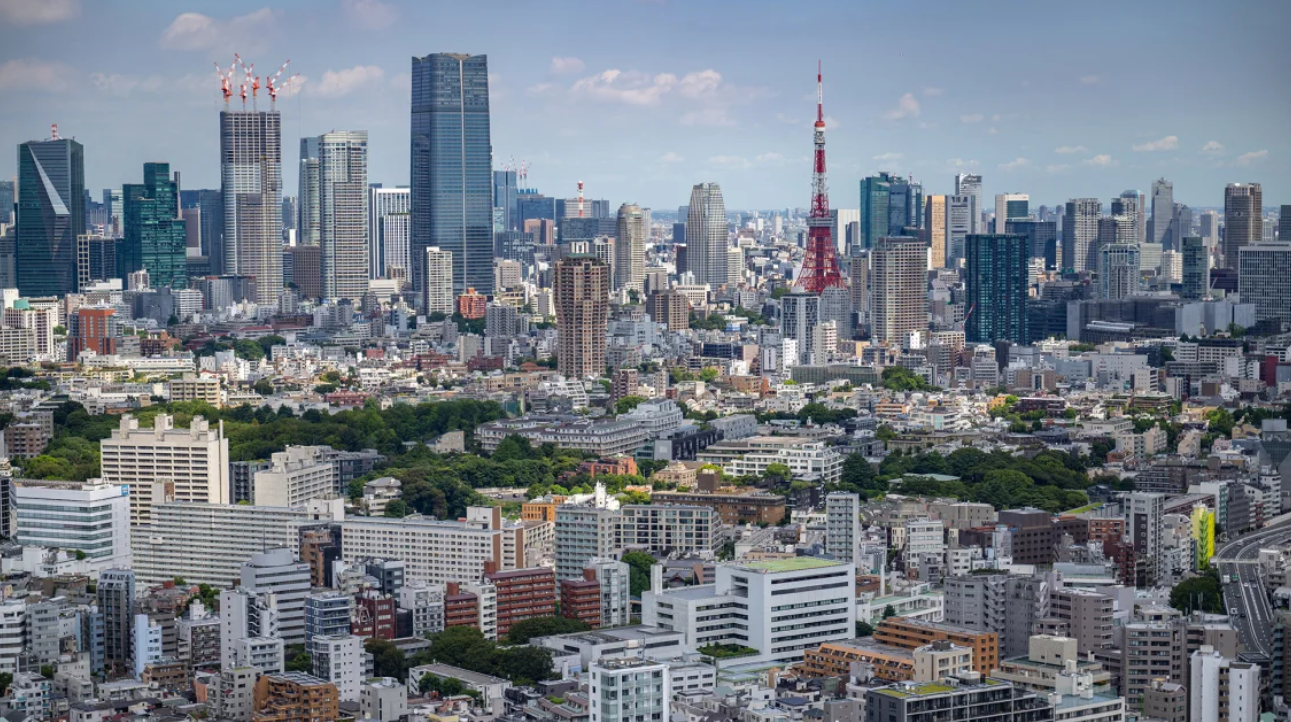Japan recorded another significant drop in its birth rate in 2024, with government figures showing the number of newborns fell below 700,000 for the first time since records began in 1899. The Ministry of Health reported only 686,061 births last year — a 5.7% decline compared to 2023 — marking the 16th consecutive year of decrease.
This figure is a sharp contrast to the 2.7 million babies born at the height of the postwar baby boom in 1949, highlighting the demographic crisis facing the country. The rapidly aging and shrinking population poses a growing threat to Japan’s economic sustainability and national security, particularly as the government seeks to expand defense spending.
Prime Minister Shigeru Ishiba has described the situation as a “silent emergency.” In response, his administration has pledged to create more flexible work environments and improve support for families, especially in rural regions where traditional gender roles remain entrenched and parenting responsibilities often fall disproportionately on women.
Japan joins other East Asian nations such as South Korea and China in struggling with declining birth rates. On the same day the new data was released, Vietnam took action by abolishing its two-child policy to counter its own population concerns.
The country’s fertility rate — the average number of children a woman is expected to have — dropped to a record low of 1.15 in 2024, down from 1.2 the previous year. While marriages increased slightly to 485,063 couples, the long-term downward trend persists.
Experts note that many of Japan’s pro-natal policies have focused mainly on already married couples, overlooking a growing segment of young adults who are hesitant to marry or have children. Factors such as economic insecurity, rising living costs, and a workplace culture that often places disproportionate pressure on women and mothers are driving this hesitation.
Additionally, some women cite Japan’s legal requirement for married couples to adopt a single family name — often the husband’s — as another deterrent to marriage.
With a current population of approximately 124 million, Japan is projected to shrink to 87 million by 2070. By that time, an estimated 40% of the population will be over the age of 65.













